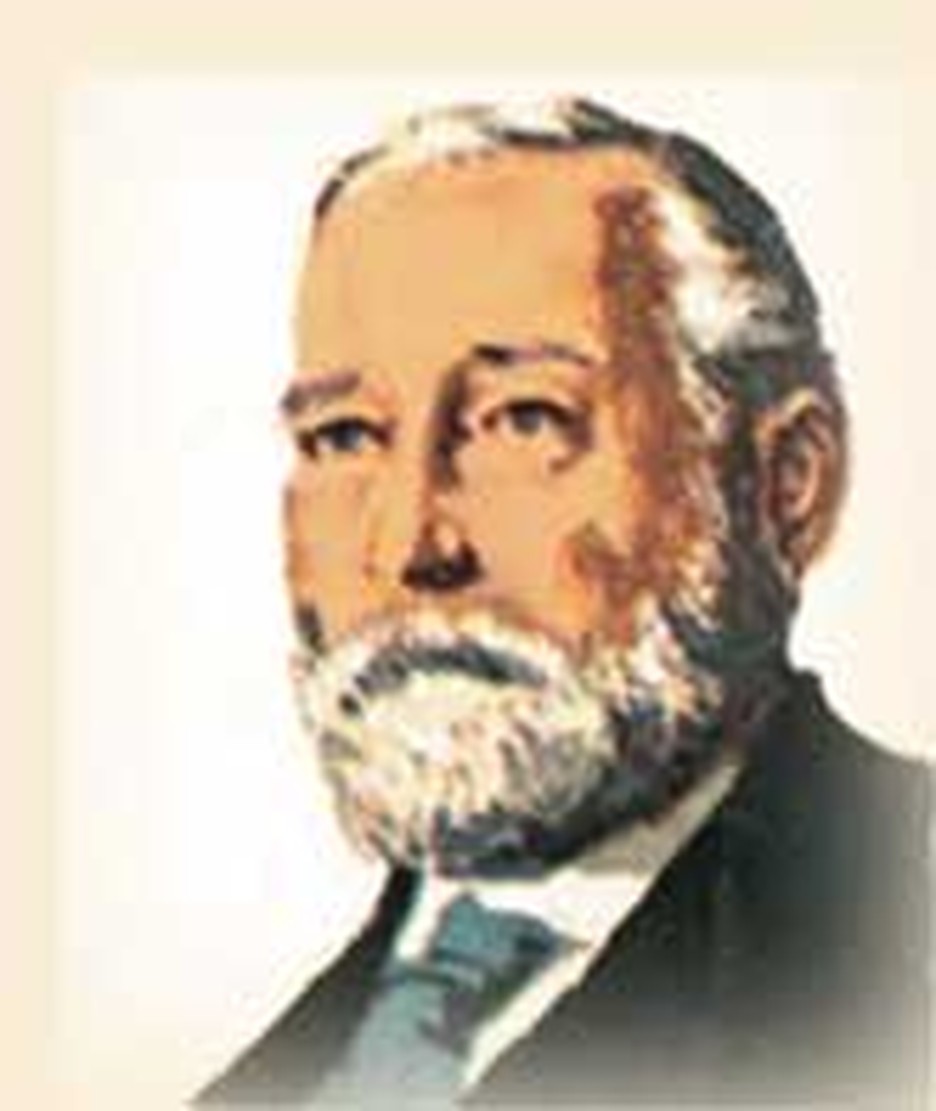
Benjamin Harrison thought Providence had given him his narrow victory. He had actually lost the popular vote by 100,000, but won the electoral vote in the 1887 U.S. elections.
Pennsylvania boss Matt Quay said Benjamin would never know how many political workers almost went to jail, stretching the law to get him elected the 23rd president of the United States. Like other Republicans, Quay expected repayment in the form of political offices for the campaign workers. When Benjamin insisted on taking the high road instead and appointing the best men to the jobs, his presidency was defined. His own Republican party repeatedly thwarted him in Congress. They bottled up his proposed civil rights legislation although he had warned in his inaugural address that the nation faced disorder and a loss of prosperity if it discriminated against segments of its population.
Called "Little Ben" by the Democrats, because he stood only 5 feet six inches tall, Benjamin was a tall man when it came to integrity. He tried to make faith-based decisions in the White House. Before he got there, he was one of the best lawyers in his home state. He was born at North Bend, Ohio (near Cincinnati) on August 20, 1833.
After becoming president in 1888, Benjamin conducted the nation's financial affairs with precision and care, reducing the national debt. He strongly supported the Pan-American Conference which met in Washington, D. C. in 1889, conducted a strong foreign policy, increased America's military and, on the whole, was a competent president.
We remember him chiefly as president of the United States, but he was also a soul-winner and a man with deep concern for others. During the Civil War, he was promoted to colonel. One bitter night, he himself carried coffee to his men on picket duty, fearing they might freeze to death. The coffee was appreciated, but even more, his words of encouragement and concern for them helped them survive the freezing night.
In the White House, Benjamin followed breakfast each day with Bible study and prayer. Family and visitors were welcomed to these informal gatherings. His support for foreign missions was open. For example, when he met Lilavati Singh, a beautiful and cultivated Christian who was stumping the States for mission support, President Harrison remarked that if she alone had been the result of all the money spent on missions, she was worth the entire sum.
In 1900, the year before he died, Benjamin Harrison gave the opening speech at an eleven-day mission conference in New York. "Christ in the heart and his gospel of love and ministry in all the activities of life are the only cure" to strife, he said. He insisted that missions were the most enduring work being done in the world.
The insistence of Congressional Republicans on raising tariffs and their inability to sell financiers on the silver standard led to a "panic," an economic collapse that derailed Benjamin's bid for re-election. He died in 1901.


.png)